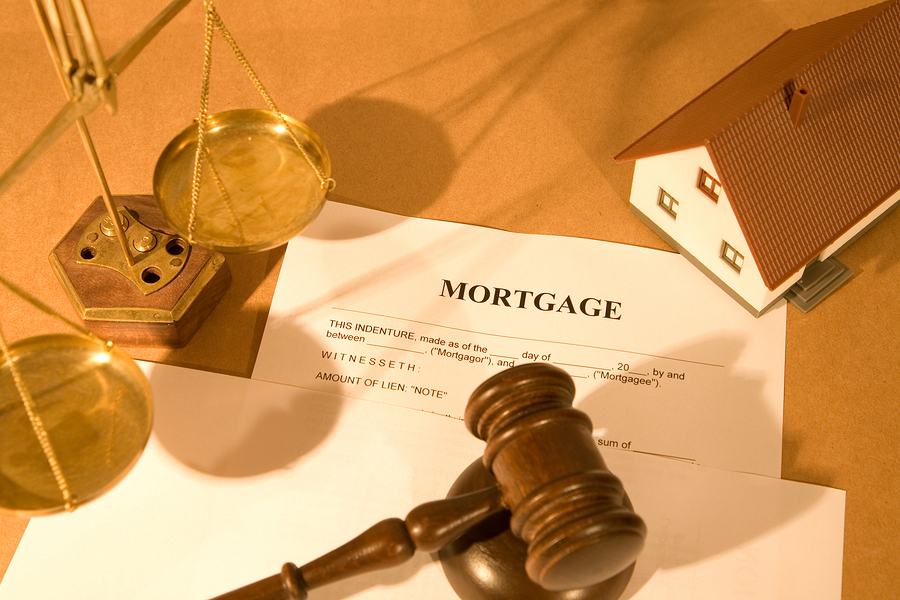Most investors know that foreclosures can be a great way to get a quality property for a low price. While foreclosures are very unfortunate for the individual owning the property, they present a great opportunity for those who are buying it.
However, if you are interested in buying a foreclosure, then you need to have a better understanding of foreclosures, especially the different types of foreclosures, so you know what you are getting into before you start browsing for potential foreclosure properties.
There are three basic types of foreclosures and three ways for you as a buyer to acquire one of these properties. How easy it is to buy one of these properties all depends on where the property is in the foreclosures process. Here are the three stages.
- Pre-Foreclosure
During this stage, investors will be able to offer the most incentives to distressed homeowners. This stage prevents there from being further damage to the home owner’s credit rating and allows an investor to come in, buy the property at a mutually-agreed upon low price, and handle the transaction before the lender gets involved.
As a buyer it can be hard to find pre-foreclosure properties, but when you do, you have so much to offer the seller that you can often strike the best deal and don’t have to worry about third-parties such as banks getting involved.
- Foreclosure
While the term “foreclosure” is used as a blanket statement for all three stages of the foreclosure process, the foreclosure stage is different from pre-foreclosure. If you are looking for foreclosure properties, you can go through the county clerk’s office.
The foreclosure process varies from state-to-state. However, across the board, there are two main types of foreclosures.
Non-judicial foreclosures pertain to deeds of trust, where a third-party (or trustee) handles the entire foreclosure process in 2-4 months after a borrower has stopped making payments and defaulted on their loan.
Judicial foreclosures pertain to mortgages, rather than deeds of trust. They take a lot longer to complete.
Whether the foreclosure is non-judicial or judicial, after the property passes through these two stages, then it will be sold at-auction to the highest bidder.
- Post-Foreclosure
The post-foreclosure stage happens when the lender has already taken control of the property. The home is then owned or in possession of the lender’s REO or Real Estate Owned department. Simply put, after the property is in the hands of a new owner or an investor (such as a bank) then you can make an offer. Most banks are willing to negotiate.
While this isn’t typically the time to get the best deal, you can still save by buying properties at this time.
Buying a foreclosure property is often much more challenging than many investors realize. There is a lot of unpredictability involved with buying foreclosures. However, if you are able to stick it out, then this foreclosure can be a great way for you to save on the initial expense of buying your investment property.










